Premium Only Content
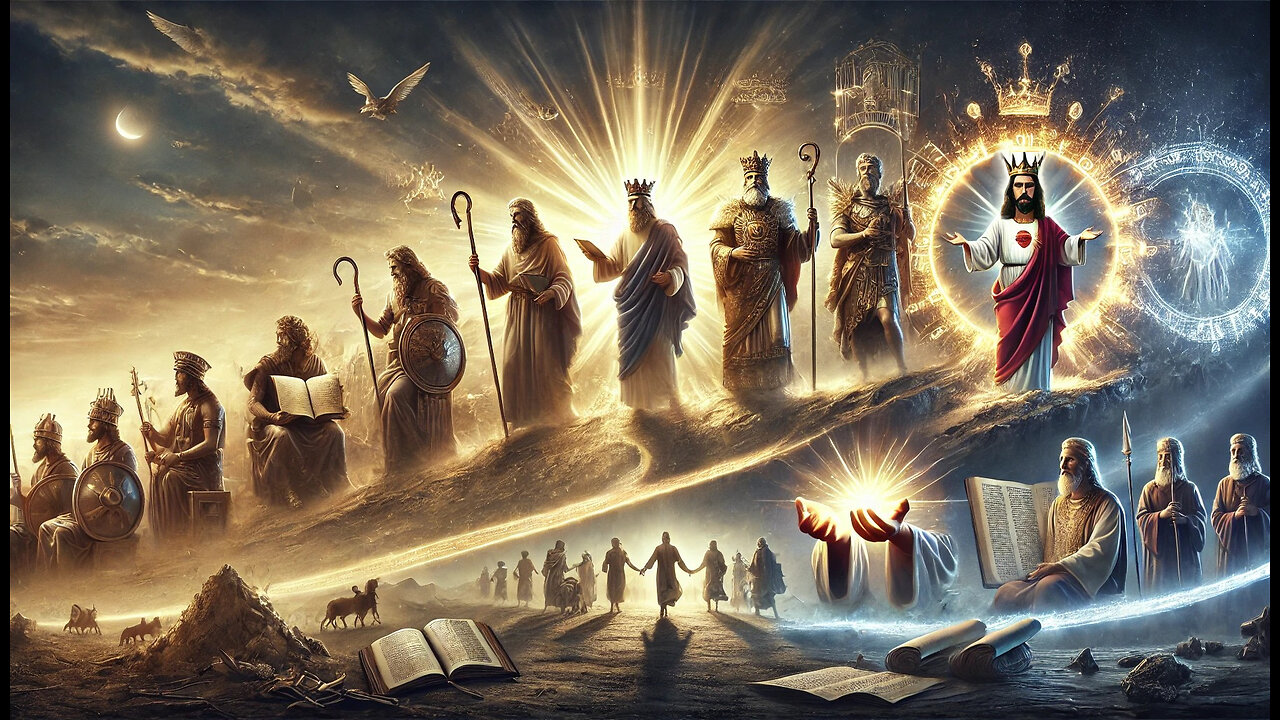
The Full Story of Biblical Leadership
The rulers of the Bible—from patriarchs to prophets, kings to Christ—offer not just stories, but a comprehensive curriculum on the evolution of leadership. These lessons reveal how authority matures from externally imposed control to internally discerned wisdom, guiding societies from dependence on rulers to the possibility of true self-governance. Abraham teaches that leadership begins as a covenantal trust, a gift received through faith rather than earned by strength. Joseph shows that moral integrity under pressure can reveal hidden leadership potential, even without official title or public recognition.
Moses brings a critical shift: leadership becomes mediated through law, structuring divine will into a shared moral framework. But as the chaotic era of the Judges makes clear, without internal adoption of that law, leadership must resort to charismatic necessity—reactive and unstable. The monarchy follows, offering three key models: Saul’s failure in maintaining divine alignment, David’s relational authority rooted in repentance and justice, and Solomon’s wisdom-centered reign that ultimately collapses when internal coherence is lost. Each king teaches that institutions can anchor authority, but cannot replace the need for inner moral formation.
When systems fail, prophets rise—not with swords or thrones, but with conscience sharpened by truth. Isaiah, Jeremiah, and others model the power of moral clarity, showing that leadership is not always about command, but about courageous witness. Yet prophetic authority alone cannot build a society—it must lead to collective restoration. That comes with Ezra and Nehemiah, who demonstrate that sustainable leadership requires communal participation in shared moral truth, not just laws or leaders. Authority here is taught, embraced, and lived together.
Jesus completes the arc. His leadership does not replace what came before—it fulfills it by internalizing it completely. His authority flows from harmonic alignment of heart, word, and action. He teaches not to abolish the law, but to write it on the heart. His kingdom is not maintained by force, but by transformation, where leadership becomes service, and power becomes love. In Jesus, leadership is no longer something held over people—it is something awakened within them.
The early Church then models distributed authority, led not by hierarchy but by the Spirit shared among the community. Leadership becomes dialogical, Spirit-led, and deeply relational. “It seemed good to the Holy Spirit and to us…” becomes the new framework. This is leadership as co-discernment—a model echoing into every movement of democratic, moral, and spiritual governance. And finally, Revelation affirms that the true rulers are those who endure in truth and love, revealing a kingdom not imposed but vindicated through faithfulness.
In sum, the Bible teaches that real leadership cannot be imposed from above—it must be grown from within. Each ruler offers a part of this unfolding lesson: trust, integrity, law, wisdom, conscience, community, transformation, and Spirit. Together, they reveal that moral authority reaches its fullness when people no longer wait for rulers, but become rulers of themselves, aligned with truth, justice, and love.
-
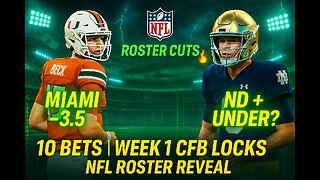
Talk Nerdy Sports - The Ultimate Sports Betting Podcast
1 hour agoIt’s Friday, August 30, 2025 and Talk Nerdy Sports is loading up 10 rock-solid bets
4 -
 34:17
34:17
Ohio State Football and Recruiting at Buckeye Huddle
11 hours agoOhio State Football: 14 Bold Predictions for the Buckeyes vs. Longhorns
4.21K -
 1:11:38
1:11:38
Simply Bitcoin
3 hours ago $1.56 earnedNEW DATA: FORGET The CRASH The Bitcoin Supply SHOCK is ACCELERATING | EP 1321
16.6K -
 4:22
4:22
Michael Heaver
3 hours agoLabour Make DISGUSTING Decision Against England
7.47K2 -
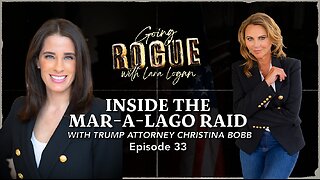 1:05:42
1:05:42
Lara Logan
16 hours agoINSIDE THE MAR-A-LAGO RAID with Trump Attorney Christina Bobb | Episode 33
28.3K8 -
 1:38:45
1:38:45
Steven Crowder
5 hours agoAI Celebs Just Scammed Women out of Millions & Premium Interview w/ Patrick Christys
235K176 -
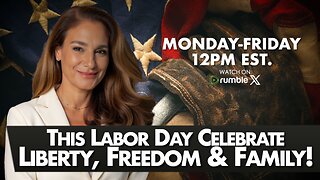 43:48
43:48
The Mel K Show
3 hours agoMORNINGS WITH MEL K -This Labor Day Celebrate Liberty, Freedom & Family! 8-29-25
23.1K4 -
 59:02
59:02
The Shannon Joy Show
4 hours ago🔥🔥The Butchers At Hilo Benioff Hospital Hawaii - Mom Subjected To Forced C-Section & Abuse🔥🔥
28.1K3 -
 41:26
41:26
daniellesmithab
3 hours agoBetter, Faster, Smarter Access to Government Services
13.1K3 -
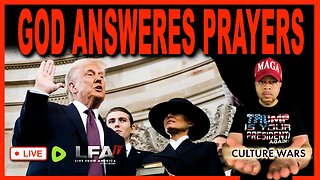 LIVE
LIVE
LFA TV
8 hours agoLFA TV ALL DAY STREAM - FRIDAY 8/29/25
2,237 watching